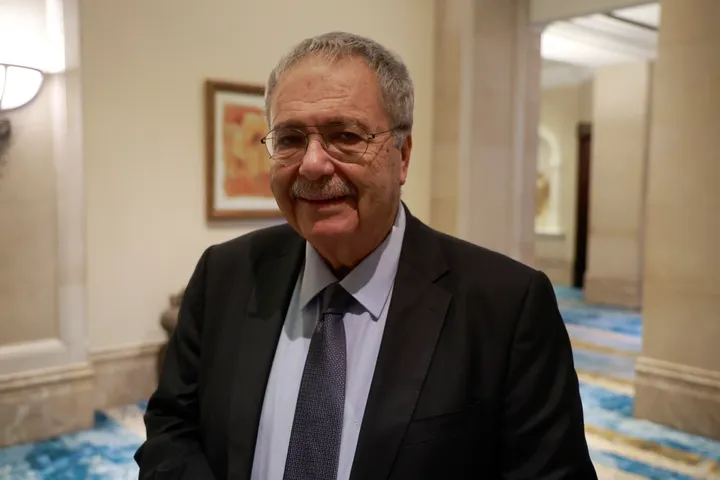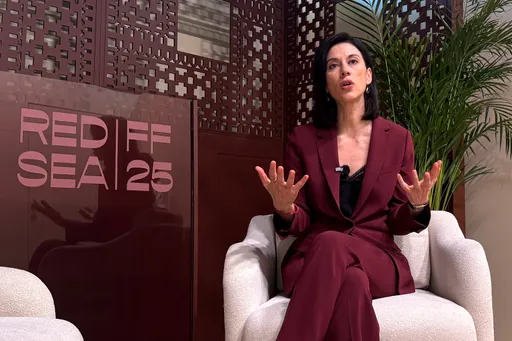A trade group for US authors has sued OpenAI in Manhattan federal court on behalf of prominent writers — including "Game of Thrones" novelist George RR Martin and bestseller John Grisham — accusing the company of unlawfully training its popular artificial intelligence-based chatbot ChatGPT on their work.
Among the 17 authors involved in the latest lawsuit are "The Lincoln Lawyer" writer Michael Connelly, lawyer-novelists David Baldacci and Scott Turow, Jonathan Franzen, George Saunders and Jodi Picoult.
The proposed class-action lawsuit filed this week by the Authors Guild joins several others from writers, source-code owners and visual artists against generative AI providers.
In addition to Microsoft-backed OpenAI, similar lawsuits are pending against Meta Platforms and Stability AI over the data used to train their AI systems.
OpenAI and other AI defendants have said their use of training data scraped from the internet qualifies as fair use under US copyright law.
An OpenAI spokesperson said on Wednesday that the company respects authors' rights and is "having productive conversations with many creators around the world, including the Authors Guild."
Authors Guild CEO Mary Rasenberger said in a statement on Wednesday that authors "must have the ability to control if and how their works are used by generative AI" in order to "preserve our literature."
The lawsuit cites specific ChatGPT searches for each author, such as one for Martin that alleges the program generated “an infringing, unauthorised, and detailed outline for a prequel" to “A Game of Thrones” that was titled “A Dawn of Direwolves” and used “the same characters from Martin’s existing books in the series “A Song of Ice and Fire.”
The Authors Guild's lawsuit claims that the datasets used to train OpenAI's large language model to respond to human prompts included text from the authors' books that may have been taken from illegal online "pirate" book repositories.
The complaint said ChatGPT generated accurate summaries of the authors' books when prompted, indicating that their text is included in its database.
It also cited growing concerns that authors could be replaced by systems like ChatGPT that "generate low-quality ebooks, impersonating authors and displacing human-authored books."
























